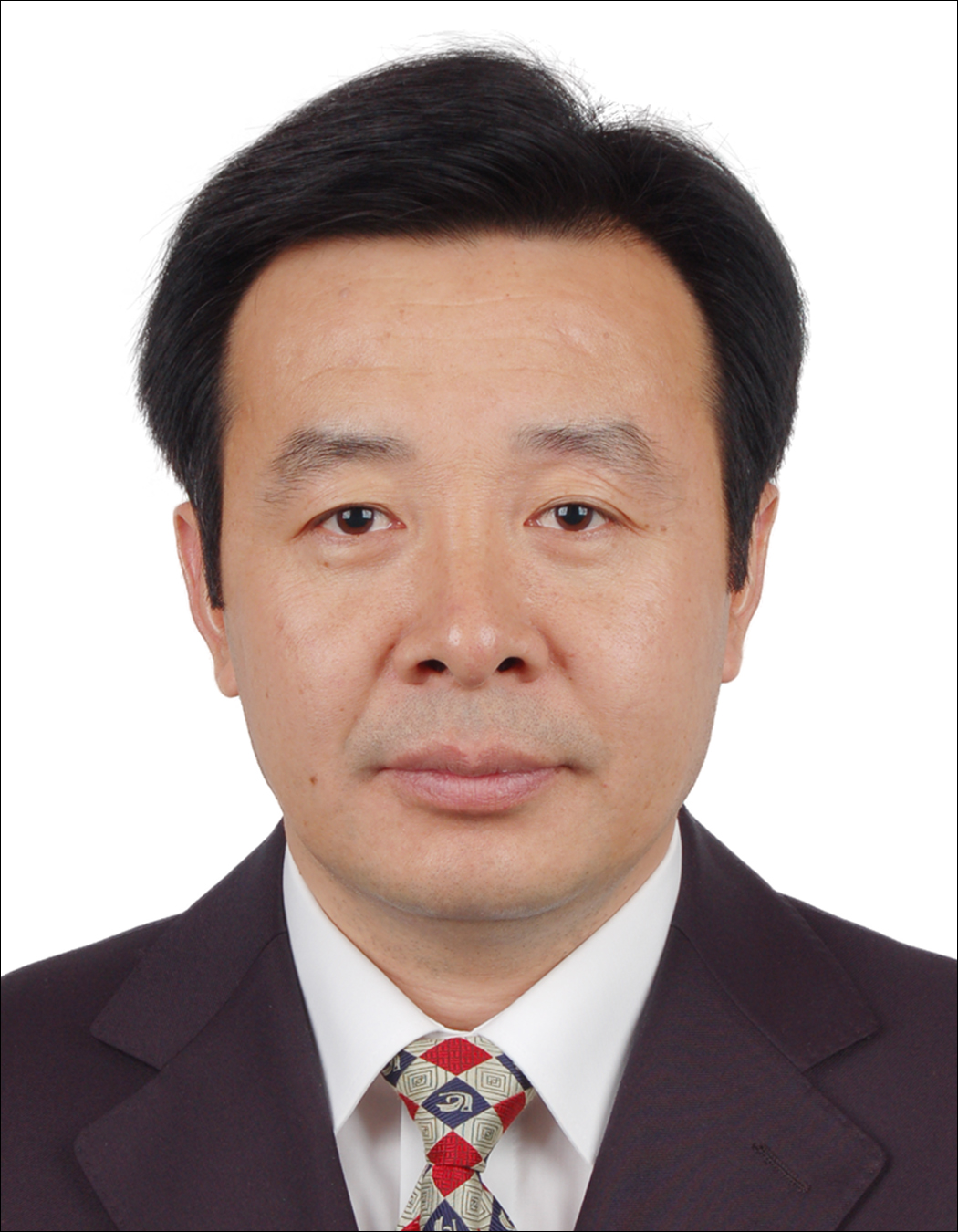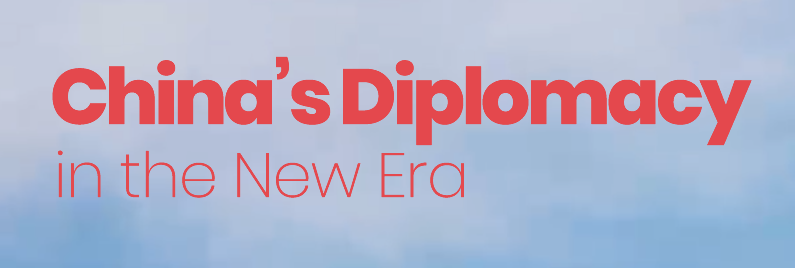Politics of Lesotho
The Lesotho Government is a constitutional monarchy. The Prime Minister, Pakalitha Bethuel Mosisili, is head of government and has executive authority. The king serves a largely ceremonial function; he no longer possesses any executive authority and is prohibited from actively participating in political initiatives.
The lower house of parliament, called the National Assembly, is composed of 80 Constituency seats and 40 Proportional Representation seats. The upper house of parliament, called the Senate, is composed of twenty-two principal chiefs whose membership is hereditary, and eleven appointees of the king, acting on the advice of the prime minister.
The constitution provides for an independent judicial system, made up of the High Court, the Court of Appeal, Magistrate's Courts, and traditional courts that exist predominantly in rural areas. All but one of the Justices on the Court of Appeal are South African jurists. There is no trial by jury; rather, judges make rulings alone, or, in the case of criminal trials, with two other judges as observers.
Lesotho Political Parties
Lesotho has 24 registered political parties, while 10 of them are represented in the 120-member parliament.
List of the 10 political parties in Lesotho:
DC- Democratic Congress
ABC- All Basotho Convention
LCD- Lesotho Congress for Democracy
BNP- Basotho National Party
PFD- Popular Front for Democracy
RCL- Reformed Congress of Lesotho
NIP- National Independent Party
MFP- Marematlou Freedom Party
BCP- Basotho Congress Party
LPC- Lesotho People’s Congress
Economy of Lesotho
Lesotho's economy is based on diamonds exported all over the world and water sold to South Africa, manufacturing, agriculture, livestock, and to some extent the earnings of laborers employed in South Africa. Lesotho also exports wool, mohair, clothing, and footwear. Water and diamonds are Lesotho's significant natural resources. Lesotho is geographically surrounded by South Africa and economically integrated with it as well.
Lesotho has received economic aid from a variety of sources, including the People’s Republic of China, the United States, the World Bank, Ireland, the United Kingdom, the European Union, and Germany.
Foreign relations of Lesotho
Lesotho's geographic location makes it extremely vulnerable to political and economic developments in South Africa. It is a member of many regional economic organizations, including the Southern African Development Community (SADC), and the Southern African Customs Union (SACU). It is also active in the United Nations (UN), the African Union, the Non-Aligned Movement, the Commonwealth, and many other international organizations. The UN is represented by a resident mission as well, including UNDP, UNICEF, WHO, FAO, WFP, and UNAIDS. In the past, it was a strong public supporter of the end of apartheid in South Africa and granted a number of South African refugees political asylum during the apartheid era.










